Guinea-Bissau
Bissau woke up on Friday to the news of the appointment of a new Prime Minister. His name is Ilidio Vieira Té, who has been the Minister of Finance until now, a role he will continue to hold for 12 months.
On the first day of lifting restrictions, the environment in Bissau is relatively calm. Public and private transportation are operating normally, with some taxis and motorcycle taxis running.
Markets are open, with some traders selling their products, though fewer customers are present. Public institutions are closed, except for hospitals and health centers, as well as schools, due to concerns among those in charge.
Despite restrictions being lifted, only government offices are open. Private institutions are also open but have fewer staff. Gas stations are operating normally, with some vehicles filling up.
Guinea-Bissau has further descended into political chaos after a disputed presidential election was quickly followed by a controversial coup.
Opposition leaders question the legitimacy of the takeover, pointing to the actions of ousted President Umaro Sissoco Embaló.
Guinea-Bissau, among the world’s poorest countries, continues to grapple with repeated coups and instability, reflecting the country’s fragile democratic institutions and the legacy of decades of political unrest.




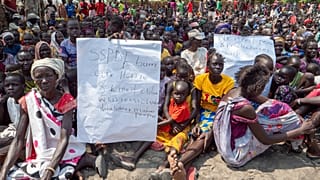
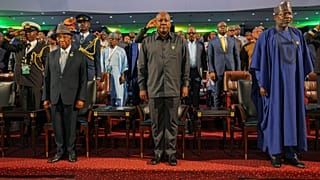
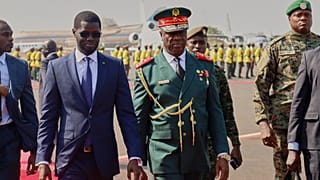
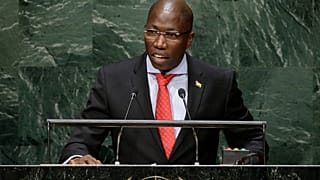
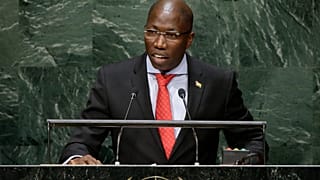
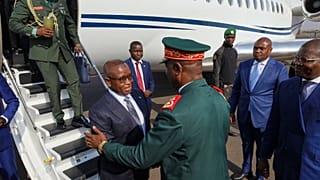
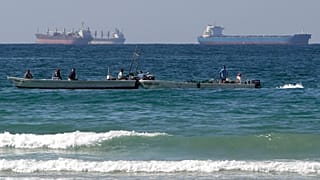
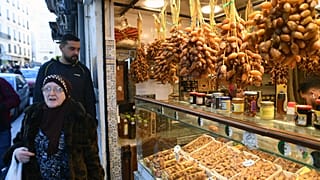

01:04
US lifts sanctions on senior Malian officials
01:00
Presidential campaign starts in Congo-Brazzaville
00:50
IMF approves $91 million in funding for Niger following programme review
01:01
African Union holds summit: is it ignoring the real issues?
01:00
Burkina Faso military government dissolves 100 political parties